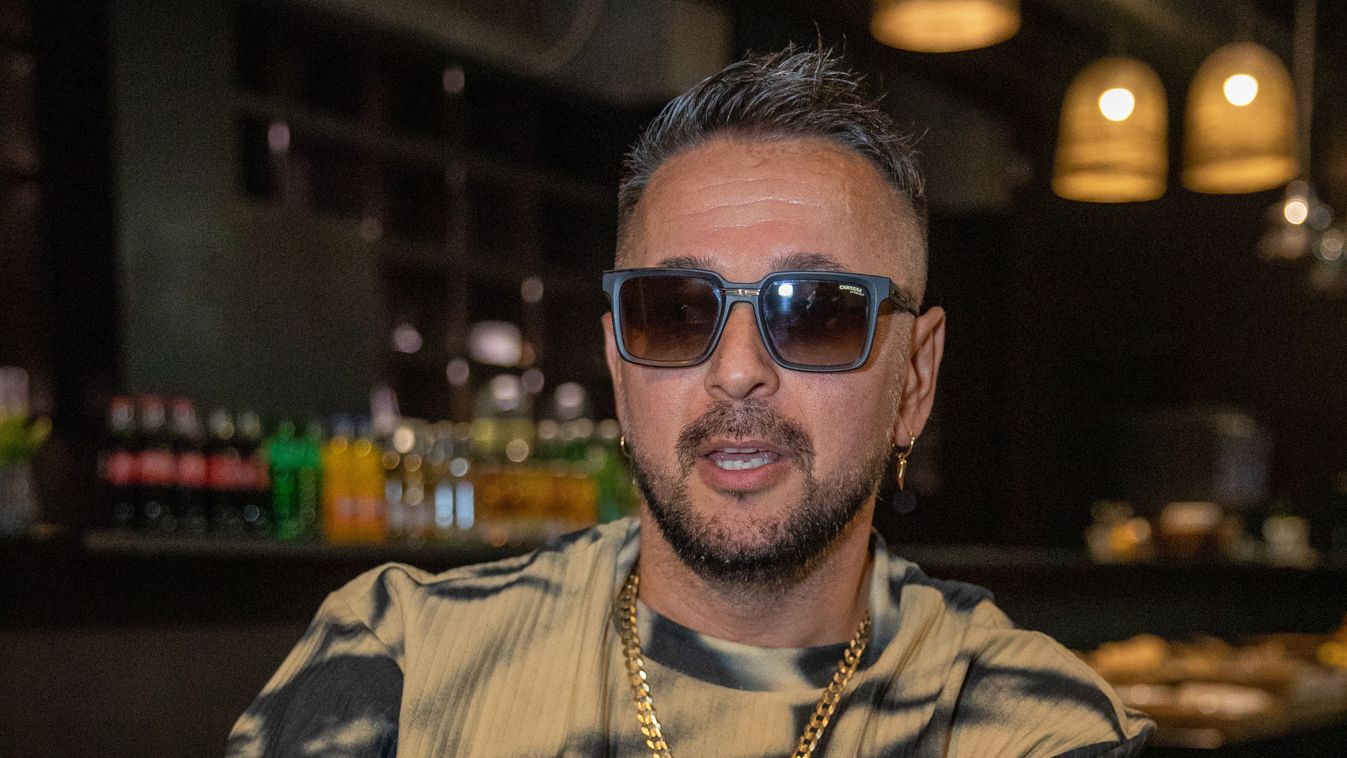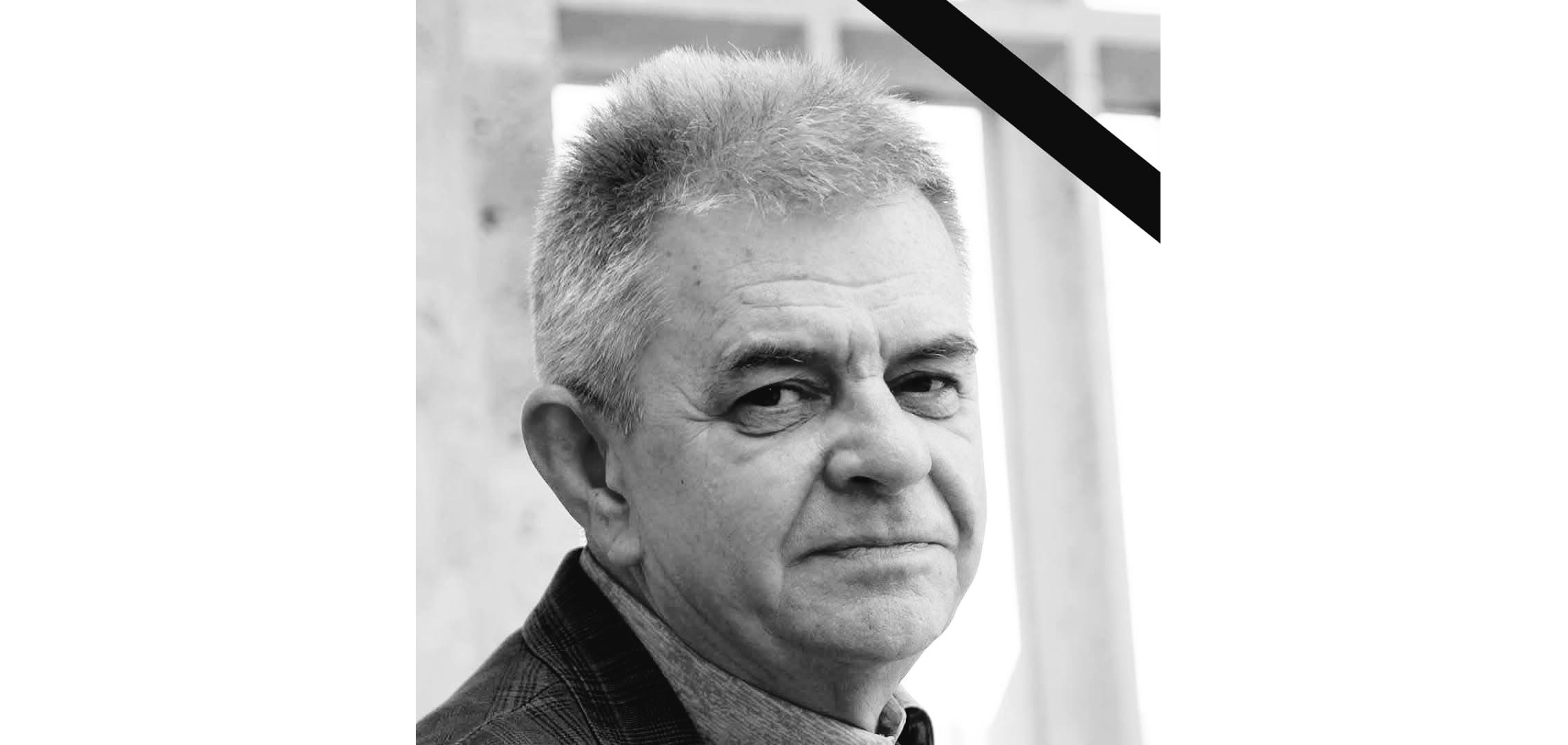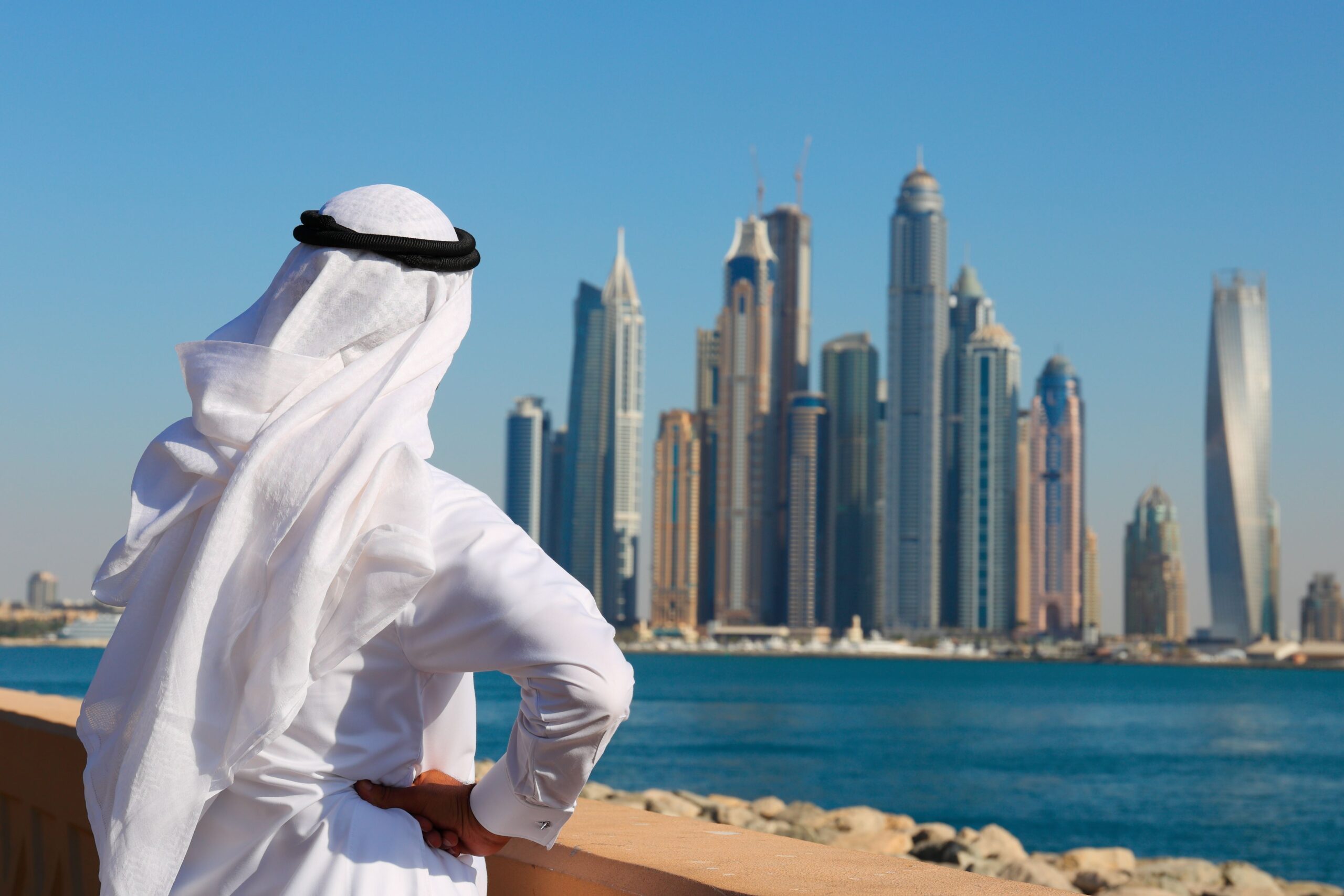The former leader of the archipelago off Africa’s west coast had been in Portugal since August, where he had a hip operation, the Portuguese Lusa news agency reported.
Pereira, who ruled from 1975 to 1991, was also diabetic and suffered from a heart condition. He died in the central town of Coimbra.
Cape Verde’s current leader President Jorge Carlos Fonseca, currently visiting Portugal, told of his “deep sadness” at the news and announced five days of national mourning after “the loss of an outstanding figure of our recent history.”
Portugal’s President Anibal Cavaco Silva also hailed “a major figure in Cape Verde’s history” in a message of condolence.
Born in 1923 on the island of Boavista, Pereira, a technician and telegraph operator, helped found the African Party for the Independence of Guinea and Cape Verde (PAIGC), with Amilcar Cabral and his brother Luis. The PAIGC sought the independence of the two African colonies.
During the liberation war, Amilcar Cabral was killed on January 20, 1973 in Guinea’s capital Conakry by a PAIGC hit squad, believed to have been manipulated by the Portuguese political police. Pereira, Cabral’s right-hand man, narrowly escaped from this attack.
On July 5, 1975, when the independence of Cape Verde was declared after the end of Portuguese rule, Pereira was elected president of the deeply poor island nation by the national assembly.
As a candidate of the renamed African Party for the Independence of Cape Verde, Pereira was unanimously re-elected head of state by the national assembly in January 1986.
In 1991, he ran again for the presidency in the first elections in Cape Verde to be held by universal suffrage. He was defeated by Antonio Mascarenhas Monteiro and put an end to his political life.
Cape Verde has a population of about 510,000 on the islands, but life is so hard and unemployment so rife that the country has a diaspora of some 700,000 living in Portugal and other European countries as well as the United States.
Fonseca was elected in August and took office earlier this month.


















